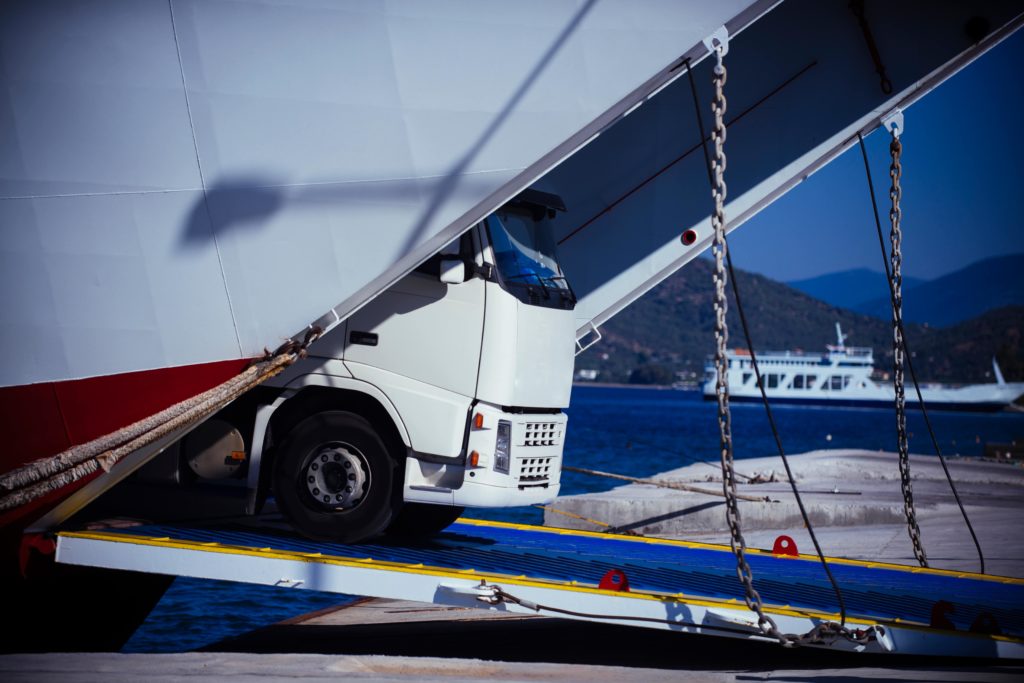Take a commercial vehicle on the ferry
Any vehicle used for goods transport is normally defined, in the conditions of transport, as a commercial vehicle. The definition also includes any trailer which with its contents forms a single load unit with the vehicle. The wording Truck appears on the registration document. We are talking about cars, vans, refrigerated vehicles, trucks or even more, for which the discipline of transporting things referred to in art. 419 and ss. of the Navigation Code. In addition to the procedures indicated for boarding the car on the ferry in the case of transport of persons, there are specific rules; rates also change. On this web portal you can not book for commercial vehicles but you must contact directly to companies.
Obligations and prohibitions for embarking and disembarking vehicles with goods
In any case, it is obligatory to present at boarding, with an even greater advance on departure than vehicles for transporting people, vehicles with the load packed, arranged and placed, as well as with the necessary precautions and systems of storage required, all according to criteria suitable for transport by sea; overloaded vehicles are not boarded. It will be necessary to have with you the transport document issued by the shipping company complete in all its parts and all other required documents, including customs documents. The embarkation and disembarkation of accompanied vehicles are carried out by and under the responsibility of the shippers and receivers who must promptly collect them upon arrival. It shall be prohibited to carry flammable, exploding, dangerous or noxious, or exceeding the weight limits and dimensions permitted for the vessel used. When it is granted it is necessary to notify the transport of dangerous goods to the Company and the ticket office of the port of embarkation usually at least three working days in advance; communication that will be repeated at the ticket office in the port of embarkation and to the crew. For the transport of refrigerated vehicles there are regulations that prohibit the use of the vehicle’s energy sources on board. In this case the on-board electricity may be required provided that the special explosion-proof coupling is supplied. The connection with the on-board system takes place at the risk and under the responsibility of the passenger and is carried out by the Command only when it can be functional and safe.








